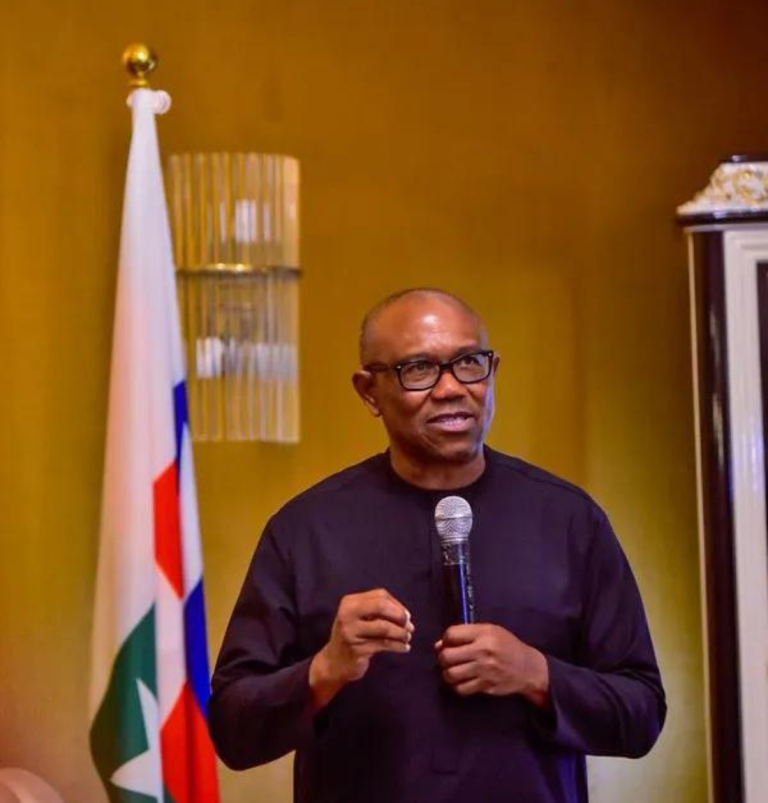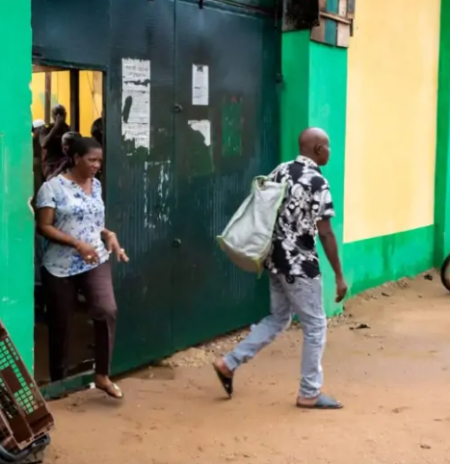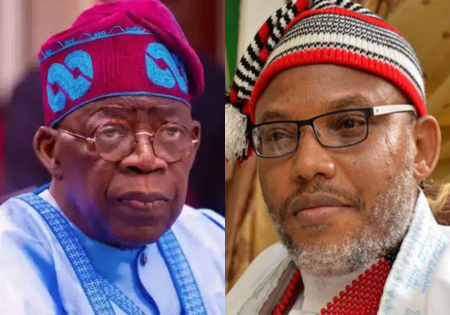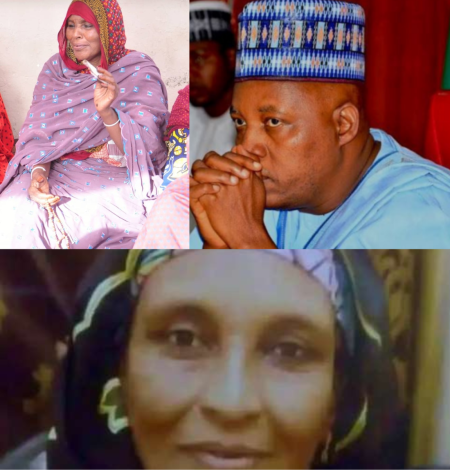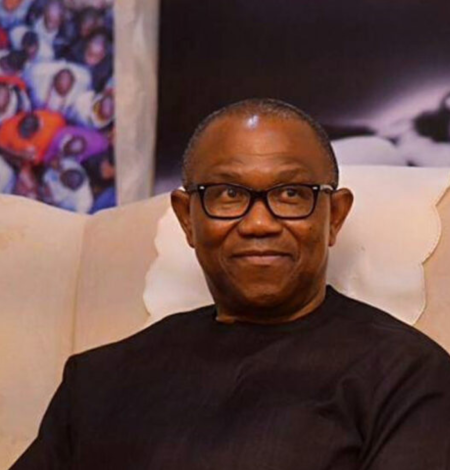Deep worries regarding the status of education in our nation have been aroused by the recent disclosure of the JAMB UTME 2024 results and percentages. These figures present a concerning image that demands immediate public discussion and attention.
The distribution of scores is concerning: according to reports, only 0.5% of candidates received a score of 300 (75%) or higher, while a startling 76% had a score of less than 200 (below 50%). This reveals a structural problem in our educational system, pointing to a serious disregard for this very important factor in the advancement of the country. .
This highlights a glaring disparity in the standard of education offered across the country. A country’s advancement on the Human Development Index is still significantly influenced by its level of education (HDI).
Nigeria’s poor HDI ranking of 164 out of 191 countries indicates regrettably that the country has continued to lag behind in education. This places Nigeria well below other comparable countries that fall into the medium and high HDI categories, such as Iran, Egypt, Indonesia, Bangladesh, and the Philippines.
Despite our national boast that our literacy rate is above 50%, it is still far below than the global average of roughly 80% and continues to trail behind other comparable nations like the Philippines, Iran, Egypt, Indonesia, and Bangladesh, which have literacy rates above 70%. This highlights the systemic problem with access to high-quality education once more, especially in rural areas.
A fallout from the UTME’s reported overall poor performance is that, despite Nigeria’s population of over 200 million, the country can only claim to have roughly 2 million full-time students enrolled in various universities, whereas Iran, whose population is over 89 million, boasts over 8.2 million students enrolled in one university alone—Islamic Azad University—and Bangladesh, whose population is approximately 173 million—has over 2 million enrolled undergraduate students at the National University of Bangladesh.
This highlights the pressing need for attention in our educational system. We need to actively invest in education, improve teacher training programs, and enact inclusive laws in order to address this challenge and prioritize education as a major driver of development.
It is possible for Nigeria to change! –PO

